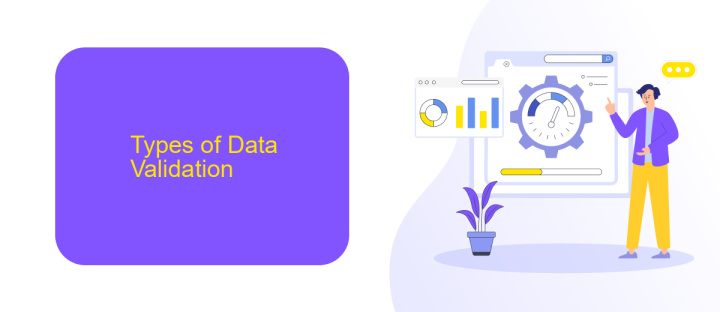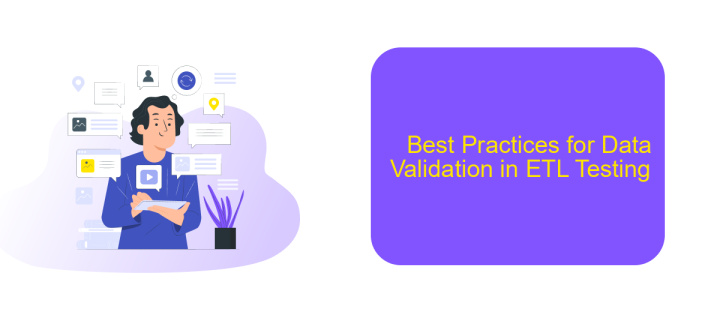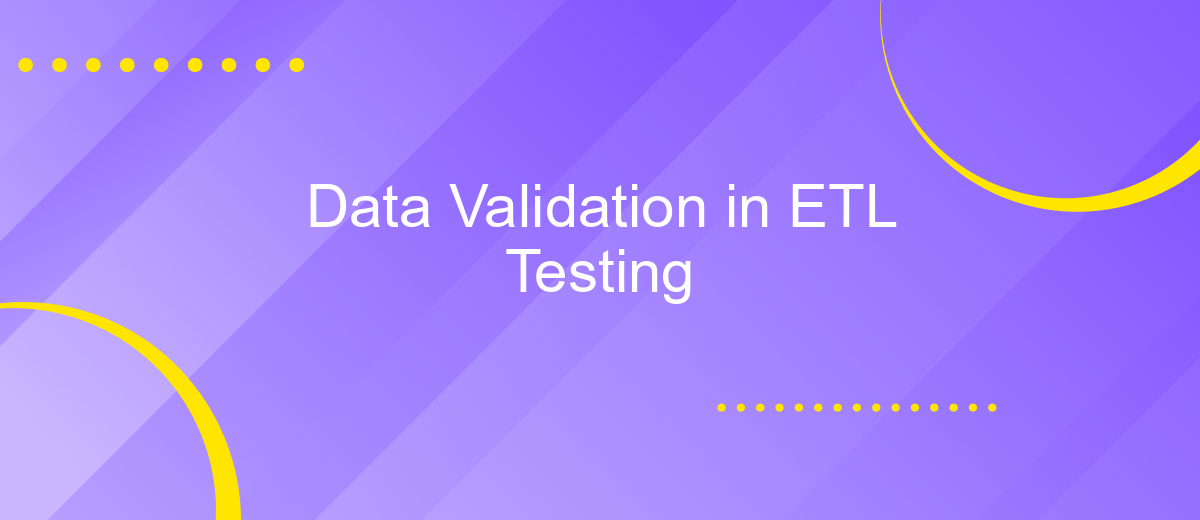Data Validation in ETL Testing
Data validation in ETL (Extract, Transform, Load) testing is a crucial process to ensure the accuracy, completeness, and reliability of data as it moves from source to destination. This step verifies that the data has been correctly extracted, transformed according to business rules, and loaded into the target system, thereby maintaining data integrity and quality throughout the ETL pipeline.
Introduction to Data Validation in ETL Testing
Data validation in ETL (Extract, Transform, Load) testing is a critical process that ensures the accuracy and quality of data as it moves from source to destination. The primary goal is to verify that the data extracted from various sources is correctly transformed and loaded into the target system without any loss, corruption, or inconsistency.
- Accuracy: Ensuring the data is correct and free from errors.
- Completeness: Verifying that all required data is present.
- Consistency: Ensuring uniformity of data across different sources and systems.
- Timeliness: Confirming that data is up-to-date and available within the required time frame.
Effective data validation in ETL testing often involves setting up integrations between various data sources and the ETL tool. Services like ApiX-Drive can streamline this process by automating data transfers and ensuring seamless connectivity between systems. By leveraging such tools, organizations can enhance the reliability and efficiency of their ETL processes, ultimately leading to more trustworthy and actionable data insights.
Types of Data Validation

Data validation in ETL testing is crucial for ensuring the accuracy and reliability of data as it moves through the ETL process. One type of data validation is schema validation, which checks that the data adheres to the predefined schema, including data types, formats, and constraints. This ensures that the data structure remains consistent and prevents data corruption during the transformation and loading stages. Another type is data completeness validation, which verifies that all expected data is present and accounted for, ensuring no data is lost or omitted during the ETL process.
In addition to schema and completeness validation, data accuracy validation is essential. This type of validation checks that the data values are correct and meet the business rules and requirements. It often involves comparing source data with target data to ensure they match precisely. For organizations using multiple data sources and integrations, tools like ApiX-Drive can streamline the validation process by automating data transfers and ensuring consistent data quality across platforms. By employing these types of data validation, organizations can maintain high data integrity and trust in their data-driven decisions.
Tools and Techniques for Data Validation

Effective data validation is crucial in ETL testing to ensure data integrity and accuracy. Various tools and techniques can be employed to achieve this.
- Automated Testing Tools: Tools like Apache JMeter and Selenium can automate the validation process, reducing manual effort and increasing efficiency.
- Data Profiling: Tools such as Talend and Informatica help in understanding data quality by providing statistical summaries and identifying anomalies.
- Data Comparison: SQL queries and tools like QuerySurge can be used to compare source and target data to ensure consistency.
- Integration Services: Platforms like ApiX-Drive facilitate seamless integration between different data sources, ensuring data is correctly transferred and validated across systems.
- Custom Scripts: Writing custom scripts in Python or SQL can offer tailored solutions for specific validation needs.
By leveraging these tools and techniques, organizations can ensure that their ETL processes are robust, reliable, and capable of handling complex data validation requirements. This not only improves data quality but also enhances overall business intelligence efforts.
Best Practices for Data Validation in ETL Testing

Data validation is a critical component in ETL testing, ensuring that the data extracted, transformed, and loaded into the target system is accurate and reliable. Implementing best practices can significantly enhance the effectiveness and efficiency of data validation processes.
One fundamental practice is to establish clear validation rules and criteria before starting the ETL process. This involves defining data quality metrics, acceptable data ranges, and specific transformation rules. Additionally, leveraging automated tools for data validation can streamline the process and reduce the risk of human error.
- Define comprehensive validation rules and criteria.
- Utilize automated data validation tools.
- Perform validation at each stage of the ETL process.
- Regularly audit and update validation rules.
- Document validation processes and results.
For seamless integration and automation of data validation tasks, consider using services like ApiX-Drive. ApiX-Drive allows you to set up integrations and automate workflows without the need for extensive coding, ensuring that your data validation processes are both efficient and reliable. By adhering to these best practices, you can ensure data integrity and accuracy throughout the ETL lifecycle.


Conclusion
In conclusion, data validation in ETL testing is a crucial step to ensure the accuracy, completeness, and reliability of data as it moves through various stages of the ETL process. By implementing robust validation techniques, organizations can identify and rectify data discrepancies early, thereby maintaining data integrity and supporting informed decision-making. Effective data validation not only enhances the quality of the data but also builds trust among stakeholders who rely on this data for critical business operations.
Moreover, leveraging integration services like ApiX-Drive can further streamline the ETL process by automating data transfers and validations between different systems. ApiX-Drive offers a user-friendly interface and robust automation capabilities, making it easier to set up and manage data workflows without extensive coding. By incorporating such tools, organizations can achieve more efficient, reliable, and scalable ETL processes, ultimately leading to better data governance and operational efficiency.
FAQ
What is data validation in ETL testing?
Why is data validation important in ETL processes?
What are some common data validation checks in ETL testing?
How can automation be used in data validation for ETL testing?
What are the challenges in data validation for ETL testing?
Time is the most valuable resource in today's business realities. By eliminating the routine from work processes, you will get more opportunities to implement the most daring plans and ideas. Choose – you can continue to waste time, money and nerves on inefficient solutions, or you can use ApiX-Drive, automating work processes and achieving results with minimal investment of money, effort and human resources.

